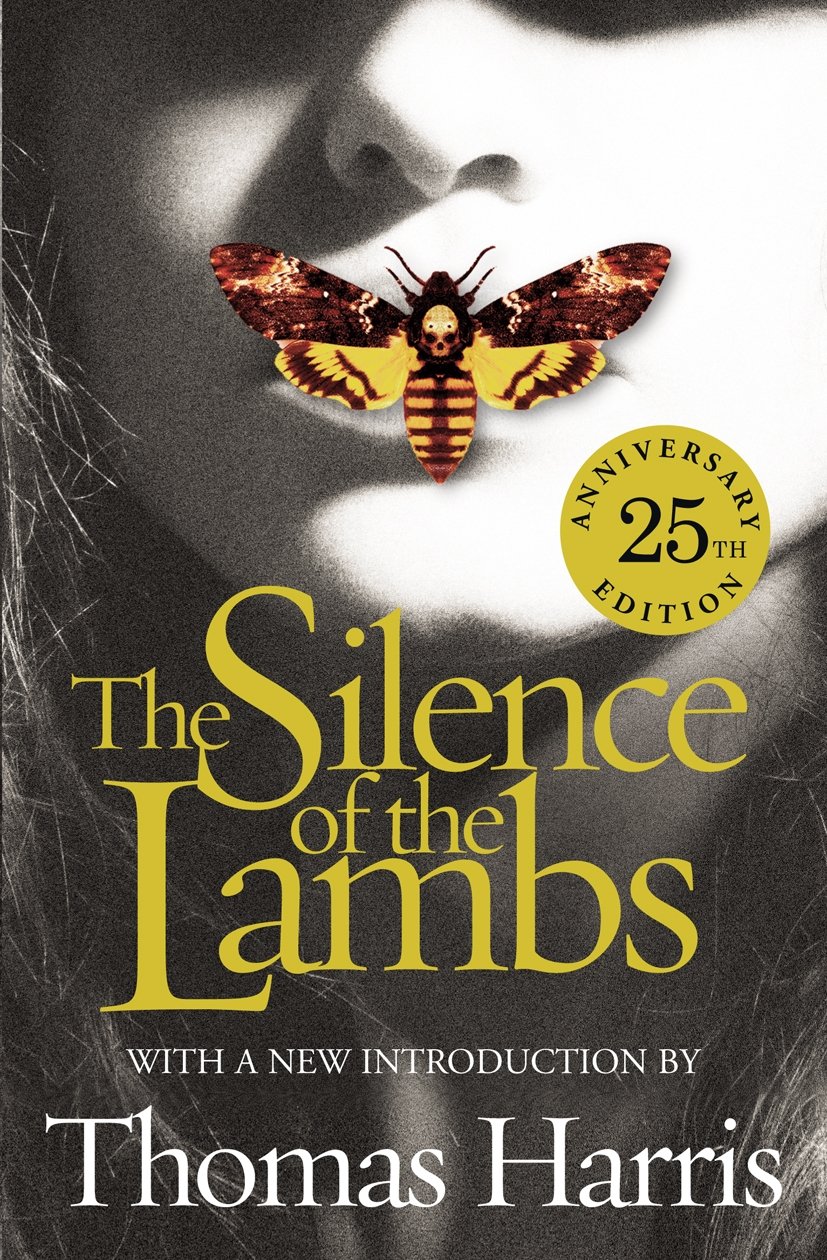Harris is a terrific writer, and the story leaps off the page. Having seen the film several times, I knew what would happen in advance, but that didn’t stop me being gripped. I was surprised at just how closely it stuck to the story, and how well it translated to the screen.
The trick that Harris used in Red Dragon was following both the detective and the killer, and he replicates it in Lambs to greater success. Buffalo Bill is much more developed than Francis Dolarhyde (of Dragon), with more complex motivations and a nuanced psychology. The same goes for Lecter himself; given a more significant narrative presence, Harris makes his most famous monster fully three-dimensional, sowing the seeds for his many iterations to come. Everything Lecter is famous for – his astute insight, his calm demeanour that masks his violence, his cannibal jokes (‘I’m having an old friend for dinner’) – is, if not born here, then certainly codified.
But Harris’s real ace in the hole is Clarice Starling. Played memorably in the film by Jodie Foster, her determination in the face of evil is what carries her through. She’s very much a woman in a man’s world, not just in terms of the FBI but one where women are prey for any man whose thoughts turn to murder. Her relationship with Lecter is the backbone of the novel, as he’s perversely the only man in her life who seems to understand her. She provides an emotional centre in her struggle to save Buffalo Bill’s newest victim, Catherine Martin, and in doing so healing the wounds from her childhood.
The Silence of the Lambs is a darkly brilliant masterpiece. If you’ve only seen the film, it’s definitely worth a read, as it’s a very different experience. As well as being a top-notch thriller, it has a lot to say about gender, institutions, violence, and the ever-changing state of our inner lives. It deserves its status as a modern classic.
Review by Charlie Alcock

 RSS Feed
RSS Feed
